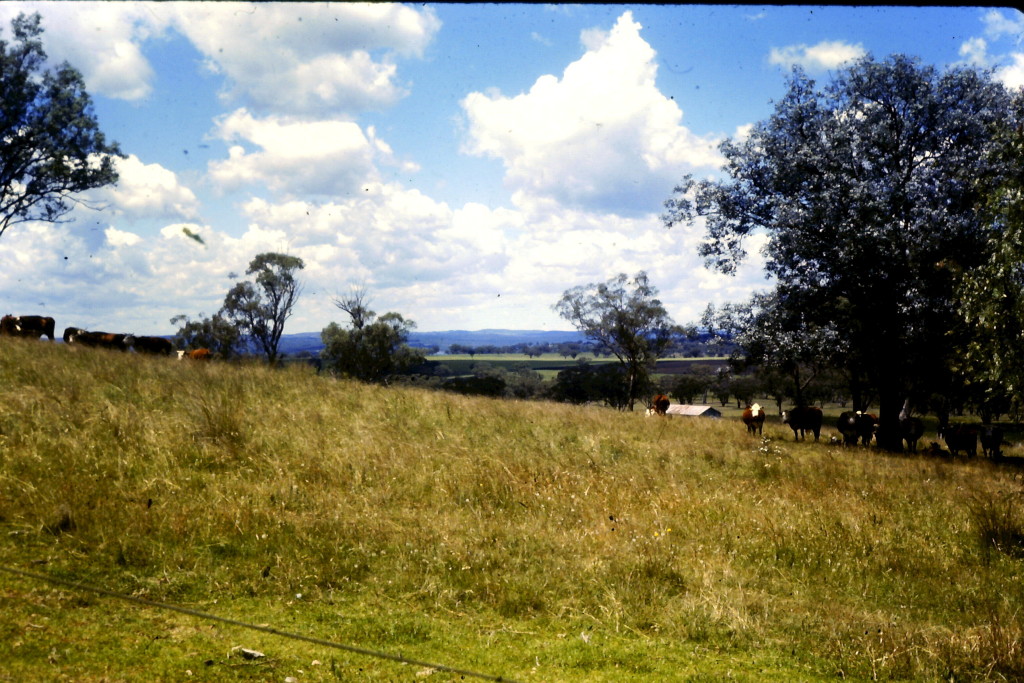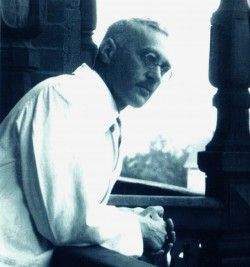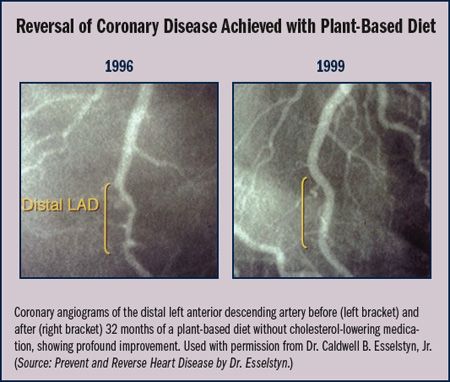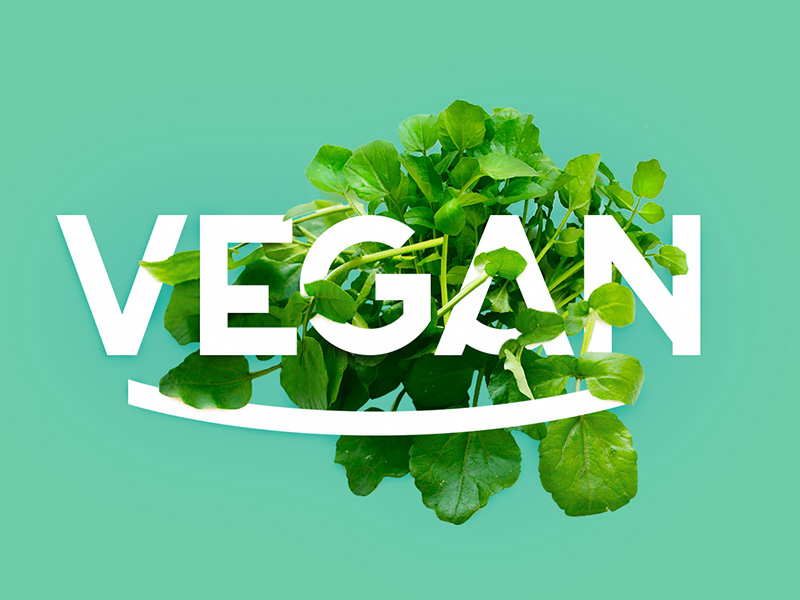In August 2013, I became convinced enough in my mind to make a complete change from a meat and dairy based diet to a plant-based diet that contains almost no meat or dairy foods.
From my childhood as an Australian farm girl, my diet was completely based around free-range meat and dairy. Australians are one of the biggest consumers of meat and dairy in the world. In a government survey in 2012, Australians consumed per person an average of 116kg meat in a year, compared to the world average of 40kg p/person. The same survey showed Australians consuming the equivalent of 230kg milk/dairy per person per year compared to the world average of 84kg.

For almost ten years prior to my big dietary change, I had eaten the high fat diet recommended by the Weston A Price Foundation, which I credit for helping me break my addiction to processed foods like sugar and white flour. Along with its founder, Sally Fallon, I had believed that ‘fat doesn’t make you fat’. The arguments sounded like good science – until I actually studied science. When I studied biochemistry, I discovered that wasn’t actually true, and neither were many of the other things I had believed about high protein diets and high carbohydrate diets.
Around that time I was studying biochemistry and questioning some of what I had hitherto heard, I read a biography of a man who had been using vegetable juices to successfully cure many and varied cancers in the first part of last century. German Jew, Dr. Max Gerson had searched for a diet to cure tuberculosis in pre-war Germany, and stumbled upon the remarkable changes that occurred in the body of a terminally ill person when they completely abstained from eating any and all animal foods, and replaced them with plant foods, especially vegetables.

Because of his widespread success, published in medical journals of the day, several cancer patients asked him to treat them also. He reluctantly agreed, not believing he could help them. The results of his unexpected and extraordinary success with cancer are recorded in several books of his life, covering several decades and two continents.
Although not everyone was cured of cancer, it made me curious as to how large quantities of vegetables and the absence of animal foods could do such miraculous things at all. To my way of thinking, to not look into this would be like a camel putting its head in the sand.
For many years I had believed a traditional, unprocessed foods diet was the gold standard of all diets.
As long as sugar, processed vegetable oils and refined flour was virtually removed from a person’s diet, grains were traditionally prepared and all animal foods were wild or free-ranging, I believed that was as good as it got. To be honest, if everyone ate like that, I am certain most people would be a great deal healthier than most Westerners are. Eating close to nature is a vital step if you want to improve your health.
Max Gerson’s biography, however, seriously shook my thinking.
Never, in the hundreds of high protein health books I had read, the dozens of Paleo blogs I have followed, the general biochemistry textbooks I studied, had I heard that if people only ate more meat or drank more milk, they would find terminal diseases disappearing. That their heart disease would clear up, that tumours could shrink away, that multiple sclerosis could reverse, that dementia could be avoided and so on. And yet once I opened up my mind to believe that many documented illnesses could be in fact reversed if not greatly improved on a plant food diet – I suddenly came in contact with a stack of information showing other health professionals were achieving the same results, using the same basic principles, just with slightly different applications. The information was there all along, but my mind had been closed off to it.

I then started reading books by medical doctors, who for over 30 years, by taking patients off all animal foods and putting them onto a diet based around plant foods, have seen many heart disease patients’ arteries clear totally, after having been sent home to get their affairs in order after several failed bypasses. These successes all verified by angiograms (see above photo for just one example of what happens). Almost all of Dr Esselstyn’s original patients are still alive and healthy over 20 years later (those who died died of other causes, not heart events or strokes). Thousands of heart patients have now been ‘treated’ similarly with similar results.
- The more I read about these clinical examples, examples from competently trained and respected health professionals, the more uncomfortable I became.
- The more I looked into the laboratory science of how body mechanisms alter in understandable and positive ways when deprived of animal foods and saturated with plant foods, the more I could see how stubborn I would be to continue on the only path I’d known.
- The more I read and watched the testimonials of now lean and healthy people, and conceded that never in all the blogs and books I’d read had the ‘eat more animal foods’ group had any comparative and documented long-term health improvements, I knew I was headed for personal dietary change myself!
For a body to heal itself of serious degenerative disease, it often requires both the absence of interfering animal foods and the presence of large quantities of plant foods.
I started then to re-examine the science I had believed was behind the views I already followed. What I found was that there was embarrassingly little science behind it. Most of the ‘proof’ was anecdotal and observational. I’d believed the untruth, the marketing of meat and dairy industries, that we are eating less meat, fat and dairy products today than 100 years ago, so fat couldn’t be causing the problems today – when in fact, reliable surveys I studied in my nutrition course, show we are eating so much more meat, fat and dairy today that even a child can see the correlation between all this fatty, rich food in our diets and ill health. The more I read, the more I felt I no longer had a leg to stand on in continuing to eat what I had seen as a traditional diet, but now realise was only a traditional diet of my own imagination.
By the middle of August, I took the plunge. I began eating a diet closer to that of the earth’s inhabitants before the flood of Noah (who, some may have noticed, lived much longer lives than those after the flood, who had turned to eating meat for survival as all the plants had been destroyed….a coincidence, or not?). My diet is much more like the Biblical Daniel and his friends who chose a simple diet based on plants (‘pulses’ in the KJV means ‘plant foods’) above the rich diet of the king, their employer, in the Persian court, and ended up much healthier. I feel like I’m in good company.
Have I experienced weakness, fatigue, cravings or hunger? Not at all. What I have noticed is a lack of cravings (no cravings for meat, sugar, cheese – even my ‘need’ for tea disappeared rapidly), great sleep, plenty of energy, no tiredness or sluggishness after eating a meal, recovery from exercise noticeably faster , greater strength and endurance, the ability to go longer periods of time away from eating when necessary with no discomfort or shakiness, no PMS at all, and the disappearance of all headaches and runny noses, even in mornings, and a nicely shrinking waistline too!
What’s not to like about all that?



2 Comments
Emma · January 3, 2022 at 8:50 pm
We are eating wapf and considering plant based . Could u please give an example of a daily meal plan for one day? Thanks
Mary Collis · January 6, 2022 at 12:16 pm
Just a simple day:
B – wholemeal sourdough toast with Nuttelex and marmalade OR raw muesli or weetbix with soy milk and berries
L – large salad with beans
D – ½ plate of cooked non-starchy vegetables, 1/4 plate plant-based protein (eg. beans, tofu). ¼ plate starchy whole food, eg. brown rice, potato, corn
Snacks – fresh fruit (2-3 pieces daily) and tea with plant milk